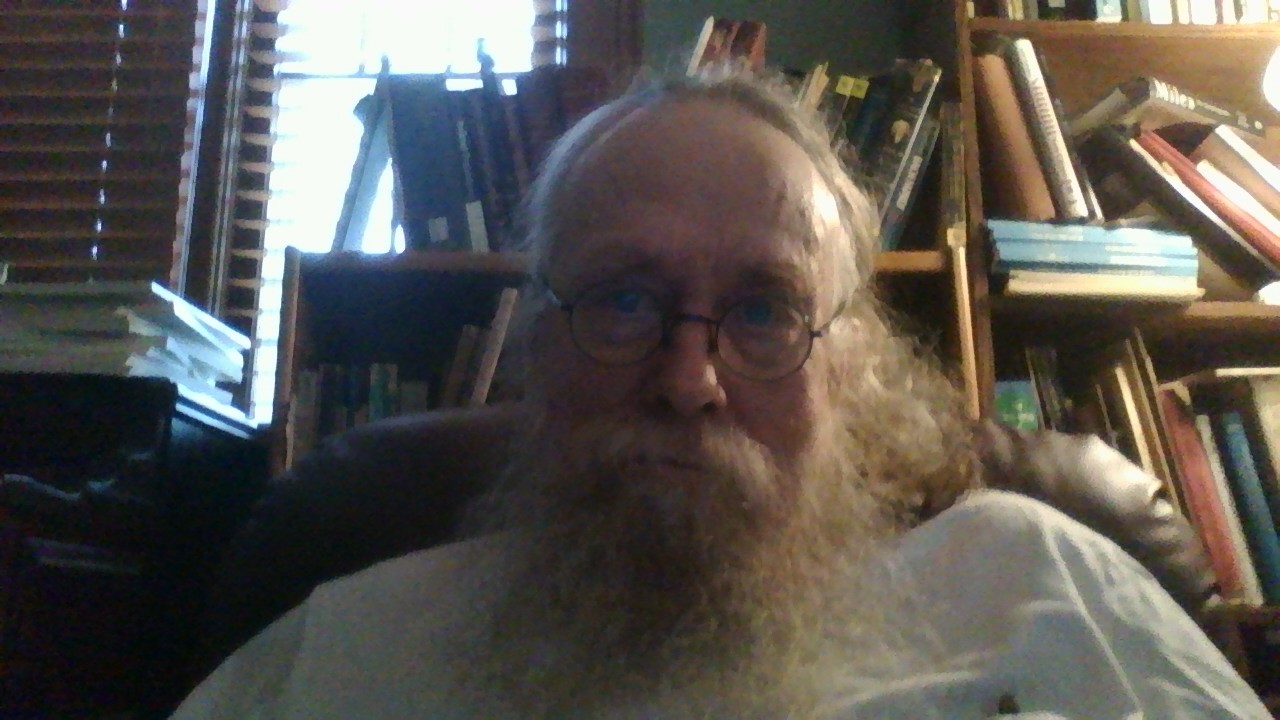I looked around at church today and saw several people I didn’t recognize. After screwing up the introduction to the opening hymn, it occurred to me that maybe one or more of them were candidates for my gig.
As my work as a church musician comes to a close, it’s interesting to look back over my life and see just how this played out.
I fell into this work in Oscoda. I answered an ad in the paper that the local Episcopal church had placed. At the time I was working as a badly paid bar musician and a part owner in a used book store. I thought I could use the extra money and that it might be interesting to play in a church.
I was raised in the Church of God and had never seriously considered working as a church musician in that denomination.
I can remember the Episcopal priest’s wife who oversaw my audition looking at me closely. I could feel her misgivings but also her hope that I would be someone who could do the job.
The Episcopal church surprised me with it’s worship and music practice. I loved the language of the prayer book (1928 version) and was surprised that the hymnal was not only interesting musically but had some pretty cool stuff in it.
The bar work petered out. The book store didn’t work out. I decided it might be a decent way to earn a living if I could learn more about the trade of being an organist. My first plan was to move to Detroit, study organ, and take the American Guild of Organists exams for certification. I had no idea of going back to college when I moved to Detroit. I got a gig in a Roman Catholic church which paid about $5 K a year.
Before too long, Eileen was working in the church’s school where I played. She was an accredited teacher. This income helped tremendously. My organ teacher encouraged me to study at Wayne State U where he taught. He advised me to take music classes that interested me and eventually I would have a degree.
In the meantime, I had more than a passing interest in liturgy. While in Oscoda I read Dom Gregory Dix’s The Shape of the Liturgy and listened to a tape of the liturgist, Louis Weil. I found this stuff romantically attractive sort of like poetry . When I began working at the Roman Catholic church in Detroit, I read much of the Vatican II documents.
I can remember wondering if any of the people I was working with knew about them.
My music skills had improved ever since the book store. There was a room in the back of the store with a piano where I practiced. I began at that point working on scales and technique and playing music I love. I am still doing that.
When I think of my life as a series of church music jobs, I can see that I combined knowing something about church with loving music to make some money. And combined with Eileen’s jobs we made enough money for us to raise a family.
Now I am grateful that soon I will no longer have to work in a church. I have not ceased to enjoy the musical part of the work. But I think this more about my own constituent love of music.
But money is not the problem for Eileen and me as it was when we began our lives together. I don’t need the job for that. And in September I turn 70. I would like to spend my remaining time alive doing stuff I love like reading, practicing, composing, and being with Eileen.
As a couple of the singers at my current gig said to me on learning of my retirement, “It’s been quite a ride.”
